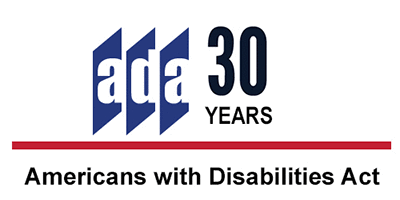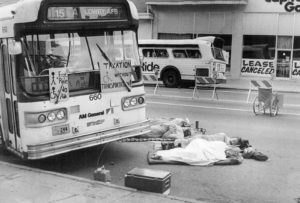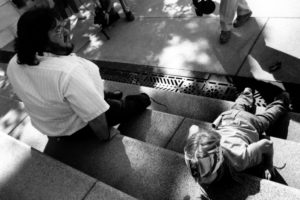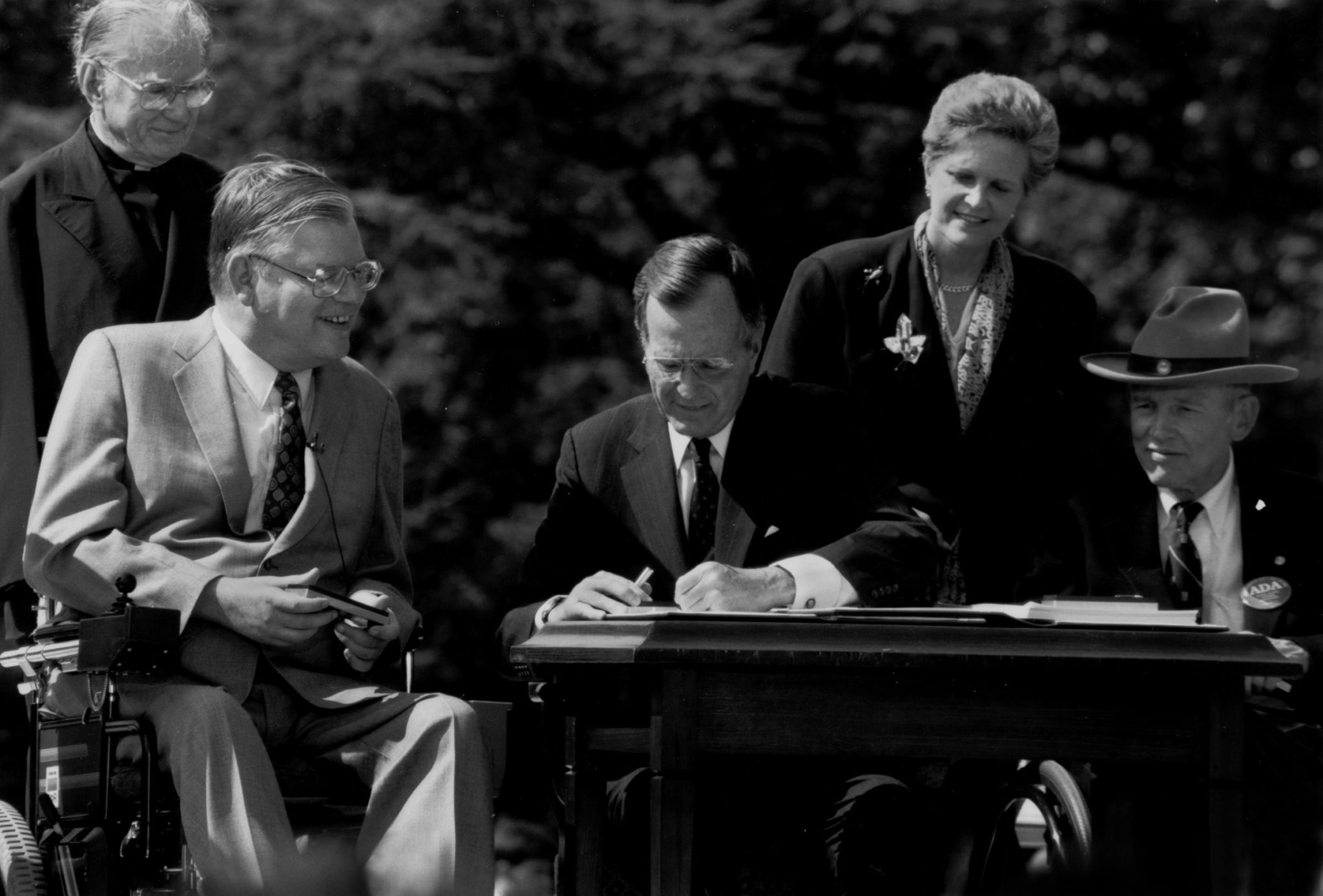Americans with Disabilities Act (ADA)

PASCO appreciates the importance of the Americans with Disabilities Act (ADA). This important civil rights law prohibits discrimination against individuals with disabilities in all aspects of public life, such as jobs, schools, transportation, and every public and private place that is open to the general public. The purpose of the law is to make sure that people with disabilities have the same rights and opportunities as everyone else.
As our nation celebrates the 30th anniversary of this law, it can be valuable to reflect on how this idea garnered momentum. There is no single person responsible for the passage of the ADA, but rather a collection of actions that helped propel this law to the forefront.
As the civil rights movement of the 60s and 70s changed America, more voices were being heard establishing disability rights as basic human rights. Disability activist groups were formed across the country. One action initiated in Colorado were the remarkable efforts of the Gang of 19. The Gang of 19 (with assistance from PASCO founder Barry Rosenberg) demanded that people with disabilities have the same level of access to public transportation as able-bodied individuals.
In July of 1978, 19 brave individuals rolled their wheelchairs into a busy public transportation intersection and laid down on the asphalt to amplify the reach of their message.

Credit: Denver Post

Jennifer Keelan crawls up the steps of the U.S. Capitol on March 12, 1990. – Tom Olin
These efforts, among others, culminated in the late 1980s into a bill to establish civil rights protections for people with disabilities. The Americans with Disabilities Act (ADA) was a bipartisan effort, passed in 1989 by the Senate but stalled in the House of Representatives. On March 12, 1990, disability activists arrived at the U.S. Capitol to rally support for the bill. To highlight the necessity of this bill, protesters rolled their wheelchairs to the bottom steps of the U.S. Capitol. With the help of personal assistants or by their own mobility, they sat or laid down on the steps and began to crawl. The images of inaccessibility were unforgettable. This action became known as the “The Capitol Crawl.” It showed the world what the disability community already knew: this world was not equally accessible to everyone.
The House passed the bill a few months later, and President George H.W. Bush signed the Americans with Disabilities Act into law on July 26, 1990.



